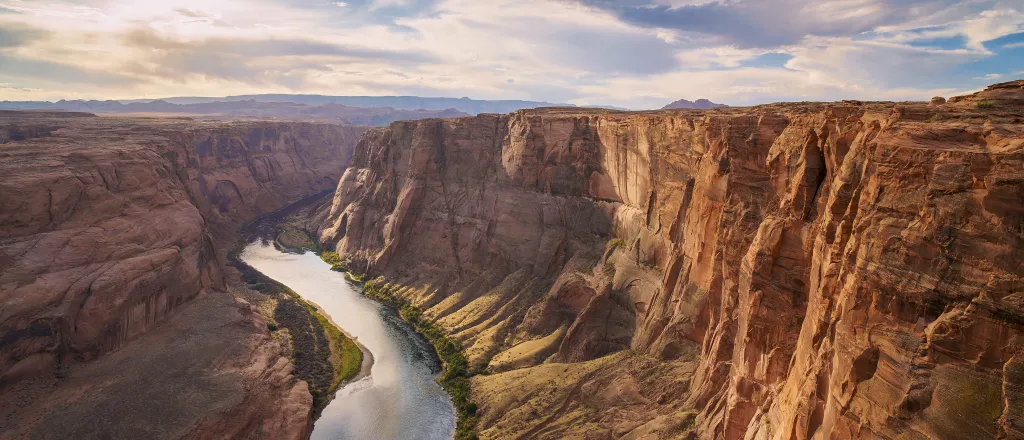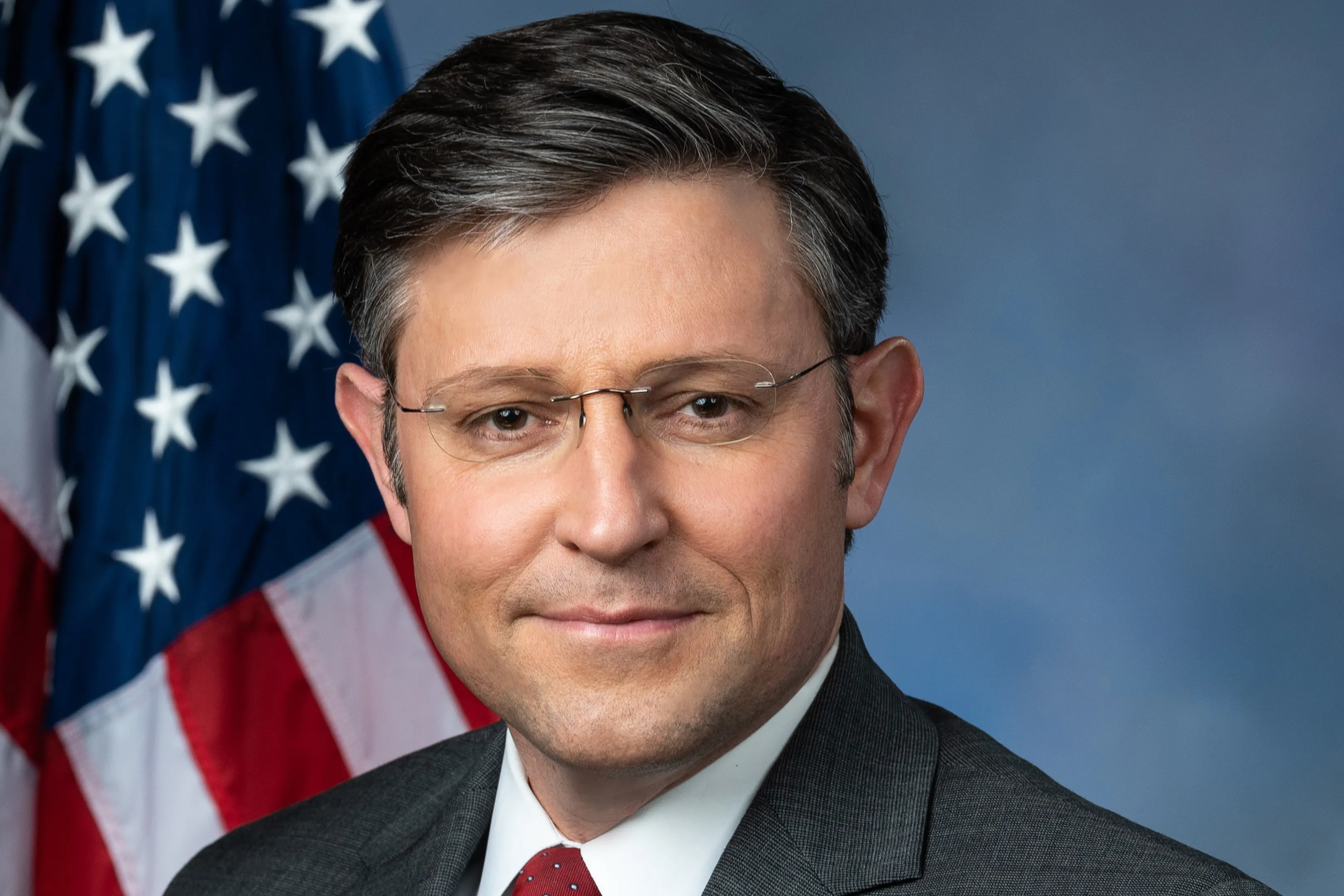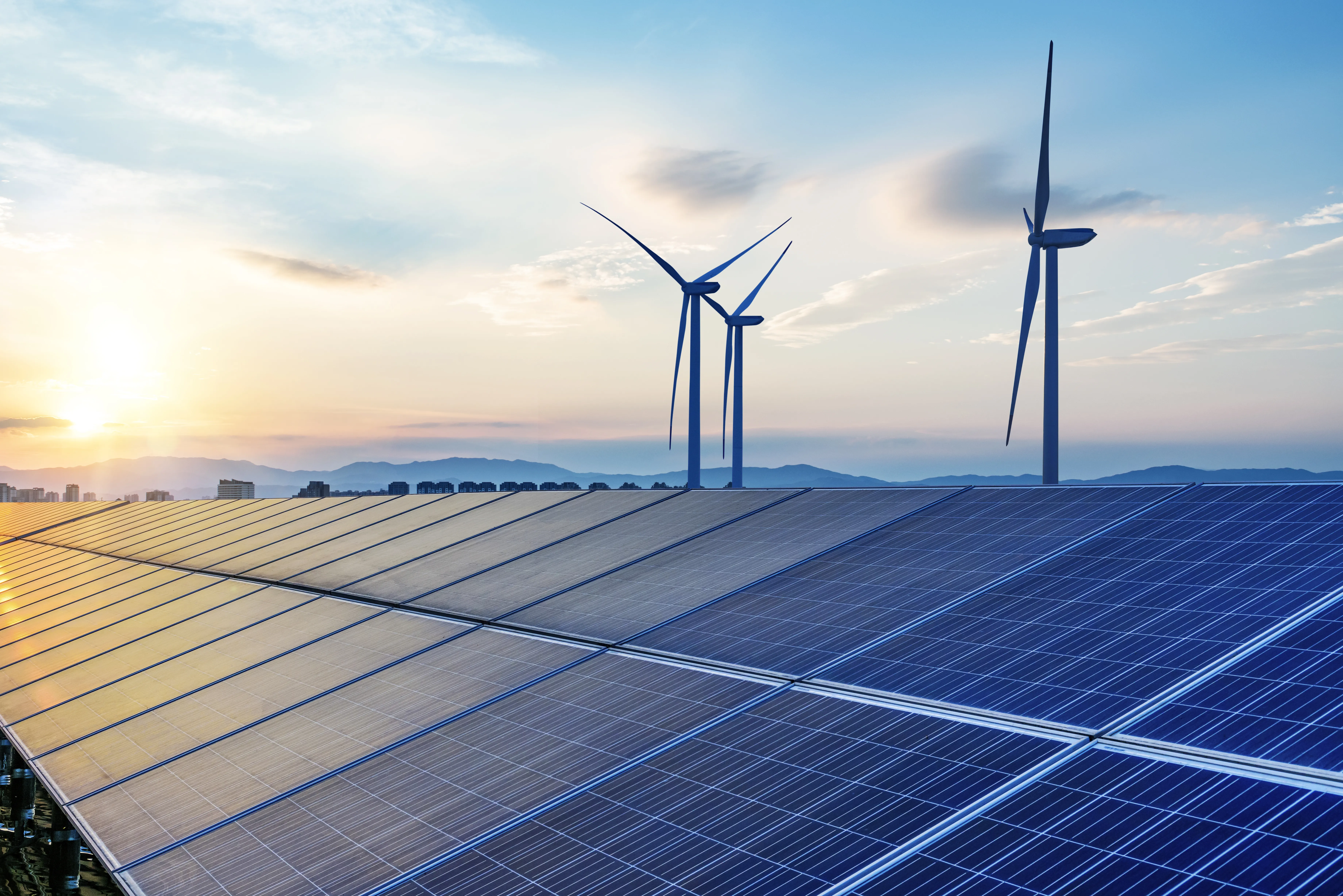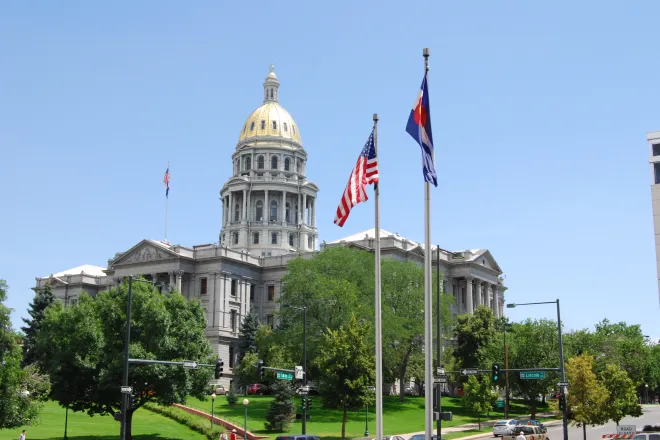
Arizona celebrates Colorado River conservation agreements
(Arizona News Connection) Arizona leaders are celebrating the federal government's just over $63 million investment for water conservation, efficiency and protection of the Colorado River. It is the latest move by the Biden-Harris administration to address the growing water scarcity in the Southwest.
Last week, seven Arizona water users announced their agreements to voluntarily reduce their water consumption. Together, the agreements are expected to conserve almost 163,000 acre-feet of water in Lake Mead through 2026.
Gov. Katie Hobbs said water conservation and economic growth in the state go hand-in-hand.
"Which is exactly what I have called for when saying that every water user -- in every sector, in every state -- needs to be a part of the Colorado River solution," Hobbs emphasized. "This is a major feat and a great step forward in securing our state's water future for generations to come."
Hobbs noted she knew Arizona was "at a crossroads" when she took office, and one of her goals is to make Arizona's growing economy more sustainable. The new agreements build on a proposal made by the Biden-Harris administration last month to conserve at least 3 million acre-feet of Colorado River System water through 2026.
The parties to the conservation agreements include water districts, Native American tribes and one farm. In total, there are now 18 agreements in Arizona, and they commit the various water users to conserving up to almost 350,000 acre-feet of water in Lake Mead in 2023, and just shy of a million acre-feet through 2026.
Camille Touton, commissioner of the U.S. Bureau of Reclamation, said addressing the drought crisis requires an "all-hands-on deck" approach.
"The voluntary system conservation agreements demonstrate Reclamation's approach to addressing the challenges of climate change and drought through science-based innovative strategies," Touton asserted.
Touton added the Bureau is working to finalize additional agreements. Through the Bipartisan Infrastructure Law, it will be investing another $8.3 billion over five years for water infrastructure, including water purification and reuse, storage, desalination and dam safety.

















